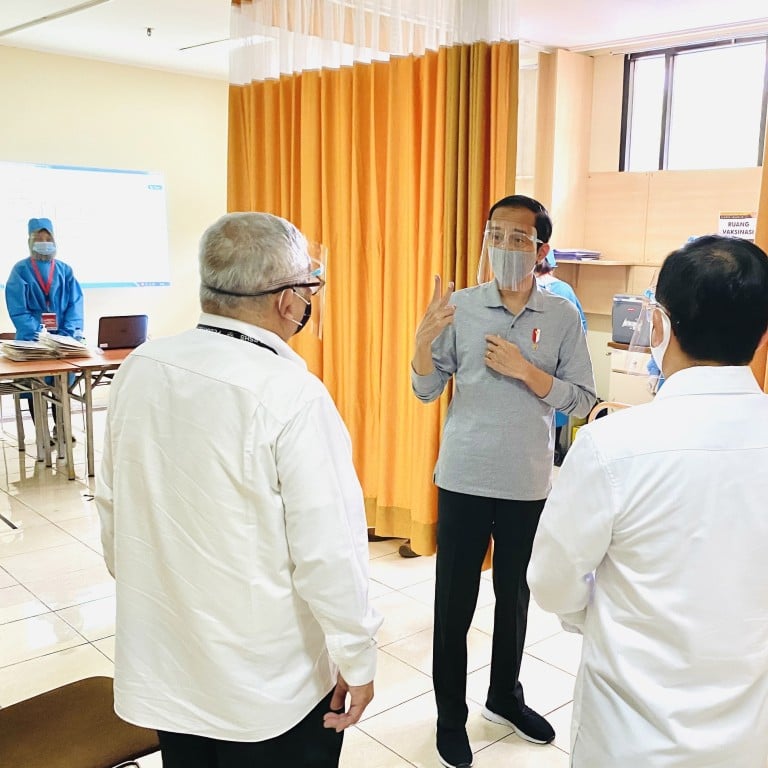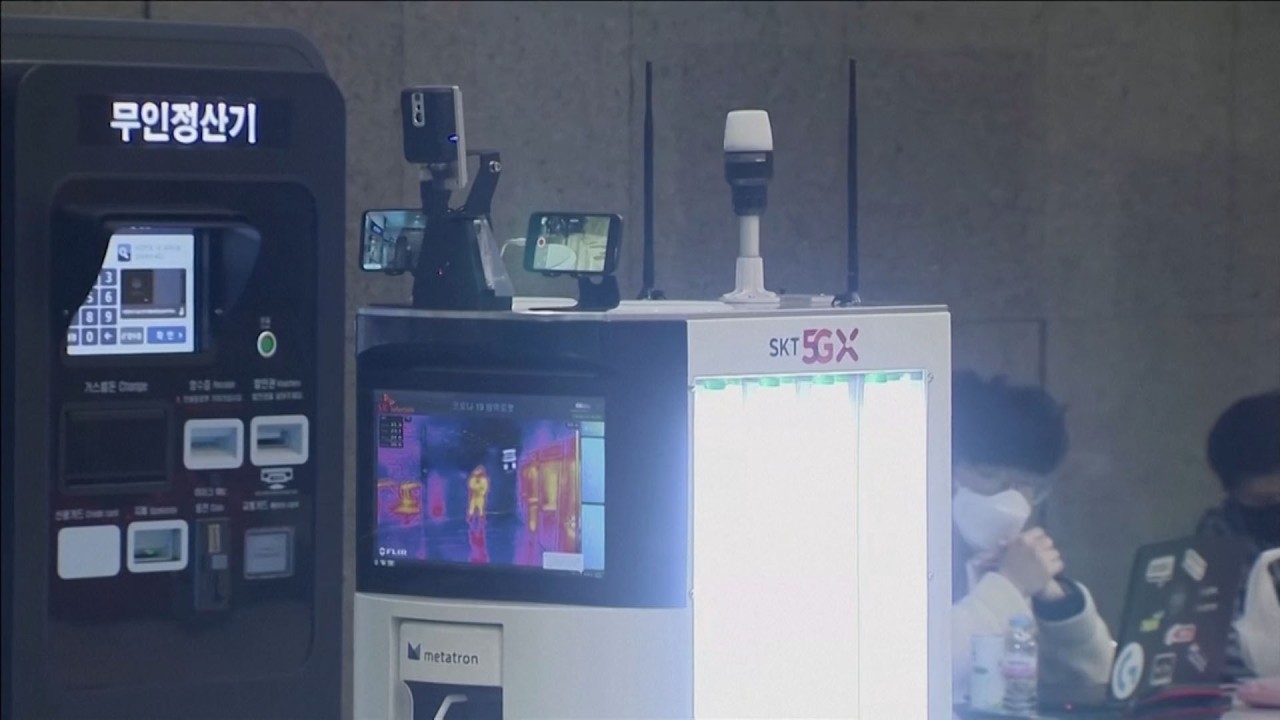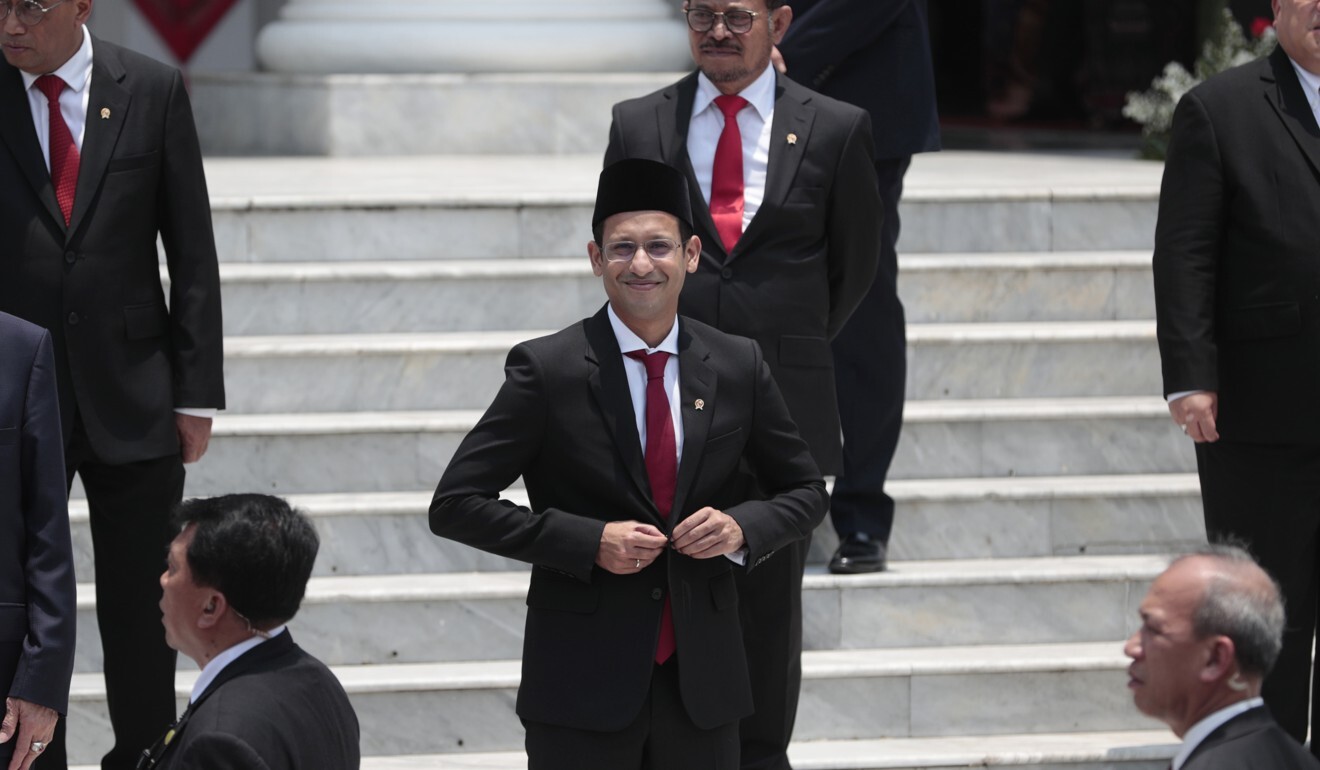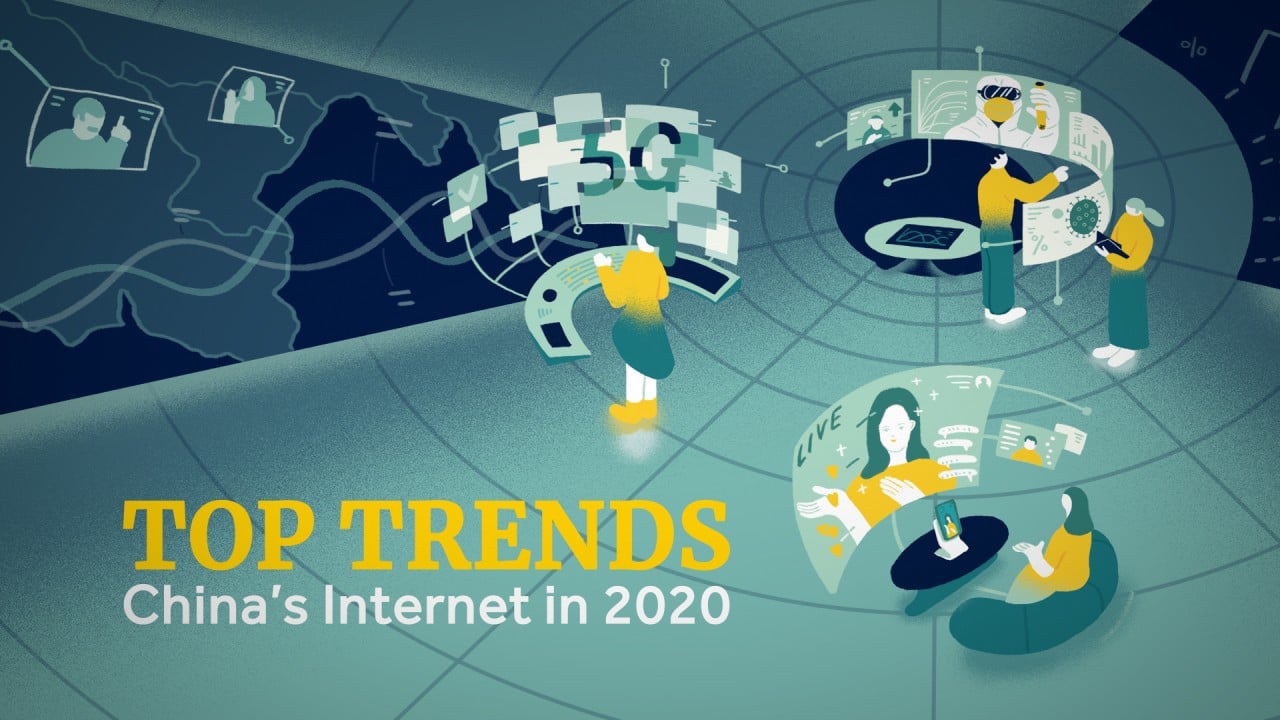
Why Indonesia is poised to become the next AI start-up hub
- Knowledge exchanges are crucial to ensuring continued growth, along with an emphasis on creating Indonesian scientists
- China is also facilitating education growth in Indonesia, offering numerous scholarships for scientific research and collaboration
Indonesian start-ups have scaled globally over the last two decades, counting among them super-app Go-jek, e-commerce focused Tokopedia, and education-specific Ruangguru.
As Indonesia moves forward, its workforce must become more technically focused, and Indonesians must facilitate a transition from a resource-based economy to a knowledge-based one. With this being said, AI-focused start-ups must consider Indonesia for growth, particularly as the country expands its start-up ecosystem.
Human capital development must be prioritised by both public and private organisations, particularly as Indonesian companies emerge as a force to be reckoned with in the global start-up economy.
Emphasising intellectual capital growth and knowledge production will help create an environment to incentivise young Indonesian students to pursue initiatives to increase the potential of home-grown AI.

07:15
How hi-tech solutions are being used across Asia to cope with the coronavirus pandemic
However, this represents just one step in growing an AI-focused start-up ecosystem in Indonesia, with two other factors for success being an emphasis on education technology and increased government education spending.
Knowledge exchanges are crucial to ensuring continued growth along with an emphasis on creating Indonesian scientists. The United States has led the charge to support the development of Indonesian scientists to date, through efforts such as the US-Indonesia Science and Technology Cooperation Agreement, the US Indonesia University Partnerships program, and a variety of other efforts.
China is also facilitating education growth in Indonesia, offering numerous scholarships for scientific research and collaboration while emphasising projects like university-to-university agreements and joint laboratories.
These exchanges continue to help facilitate human capital development in Indonesia, setting the stage for the growth of AI in Indonesia’s start-up economy.
The growth of education technology organisations in Indonesia is another aspect that sets conditions for Indonesia’s entrance into the worldwide AI industry. Only 7 per cent of Indonesia’s current workforce has a university education, and Indonesians themselves have recognised the critical importance of education if Indonesia is set to compete at the global level.
Accordingly, the Indonesian edtech market has grown immensely in recent history, with the World Bank counting over a hundred start-ups in the past several years alone.

09:41
Indonesia’s ‘Vespa Extreme’ brotherhood in endless race to stand out with modified classic bikes
Another interesting aspect facilitating the growth of AI in Indonesia is that Indonesian edtech services not only cover a population of over 87.2 million students, but also working-age individuals and adult learners, providing older workers with the opportunities to relearn critical skills.
As such, Indonesia’s booming edtech market could pave the way for Indonesian dominance in the AI start-up economy.
Additional emphasis on prioritising education efforts by the Indonesian government has also contributed to ensuring continued educational, scientific, and AI growth in Indonesia. The government has allocated as much as US$30.6 billion to education efforts in recent years.
In fact, Indonesia spent 3.58 per cent of its GDP on education in 2015, a number far surpassing its previous average of 2.54 per cent over the past four decades. Furthermore, the Indonesian government has also facilitated edtech growth on multiple levels, with nearly 75 per cent of all Indonesian start-ups engaging with the government.
The late 2019 appointment of Go-jek founder Nadiem Makarim as Indonesia’s Minister of Education is also expected to put further emphasis on the integration of technology into education. The Indonesian government’s prioritisation of education also has the potential to bring about third-order effects for the global AI market.

While there are many conditions setting the stage for Indonesia to achieve greater participation in the AI industry, some start-ups are already there; paving the way for Indonesians with entrepreneurial dreams in AI applications within the start-up economy.
At the time of writing this article, Indonesia had around 74 AI-focused start-ups, with many more no doubt in development. However, four start-ups showing immense potential in the Indonesian AI ecosystem are Nodeflux, KoinWorks, Julo and Kata.ai.
Nodeflux, a Jakarta-based start-up founded in 2016, is one of the largest players in the current Indonesia AI space. Counting two funding rounds so far, with one being led by early-stage VC firm East Ventures, Nodeflux has collaborated closely with the government to develop smart-city infrastructure, with specific emphasis on growing Jakarta’s Smart City vision.
One example of an AI success was seen in late 2019, when Nodeflux developed a system based on NVIDIA Metropolis to help identify and track vehicles with unpaid taxes. Nodeflux’s number plate recognition software helped to recover nearly US$10 million on behalf of the Indonesian government, providing just one example of the potential capabilities of AI firms in Indonesia.
Founded in 2015, KoinWorks is a P2P lending platform for small and medium enterprises. KoinWorks leverages machine learning to better match lenders and borrowers, ensuring better rates of return for lenders and lower interest rates for borrowers.

06:22
Three trends shaping China's internet from SCMP's China Internet Report 2020
KoinWorks raised US$12 million in a 2019 Series B funding round led by EV Growth and Quona Capital, with another US$20 million in equity and debt funding in early 2020. With over 300,000 users, KoinWorks’ impact on the Indonesian start-up economy is just in its infancy.
Julo, another P2P lending platform, was founded in 2016 and is currently based in Jakarta. Julo’s P2P lending platform specifically targets personal loans by utilising machine learning to determine an individual’s creditworthiness. Julo raised US$10 million in a late 2019 Series A2 round led by Quona Capital.
Kata.ai is another Indonesian company with big ambitions in the AI space. Established in 2015 under the moniker YesBoss and transitioning to Kata.ai in 2016, Kata.ai has developed an AI-based B2B conversational platform on a variety of different apps, to include Line, Facebook and Twitter.
Kata.ai raised US$3.5 million in a Trans-Pacific Technology Fund-led Series A funding round in 2017. It counts many international and national organisations as customers, including Indonesian telecommunications provider Telkomsel, Unilever, mini-mart chain AlfaMart and Toyota Astra Motor.
These four organisations are just a sample of what is in store for the future of Indonesia’s start-up economy, giving other AI-focused start-ups an incentive to invest in Indonesia.
Indonesians want to succeed and make an impact at the global level, and AI presents a perfect opportunity for the country to make its mark as a tech start-up powerhouse in the coming years.
Hugh Harsono writes regularly for multiple publications about cyberspace, economics, foreign affairs and technology.

